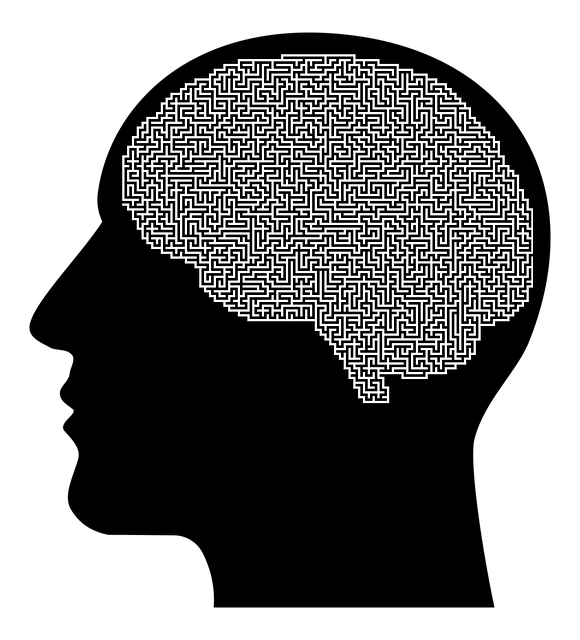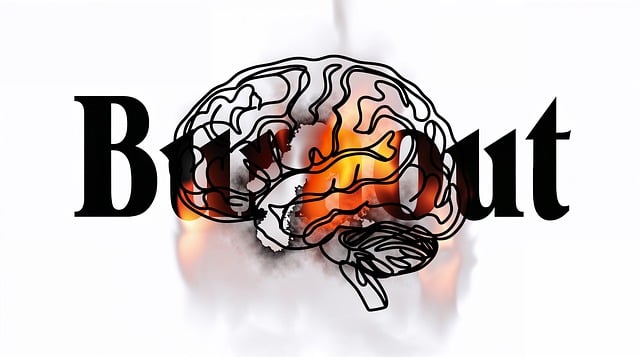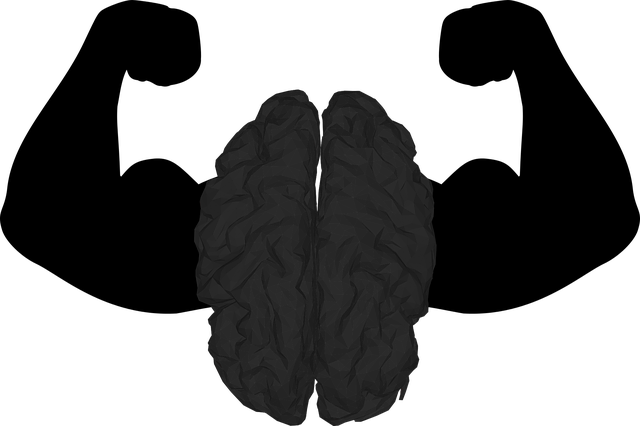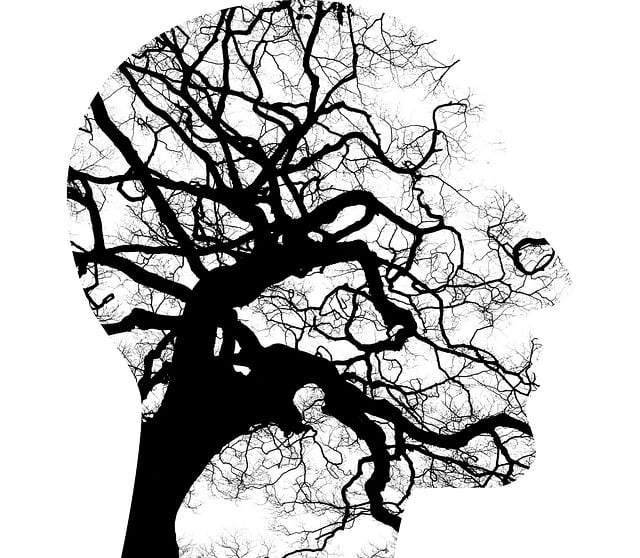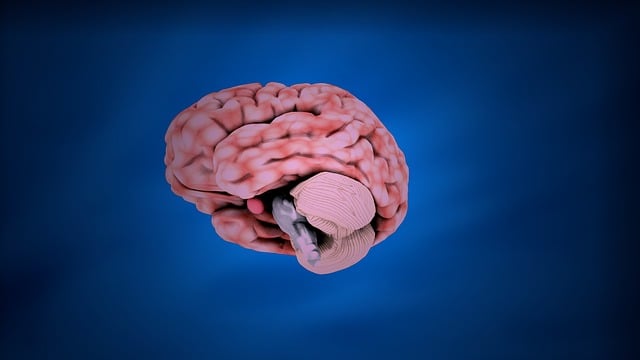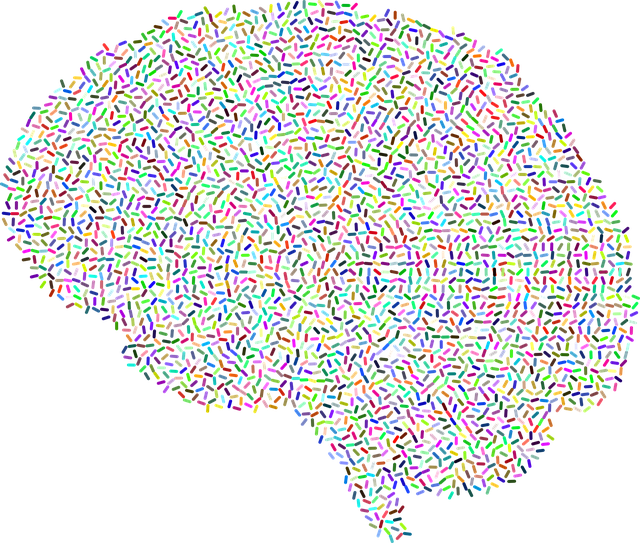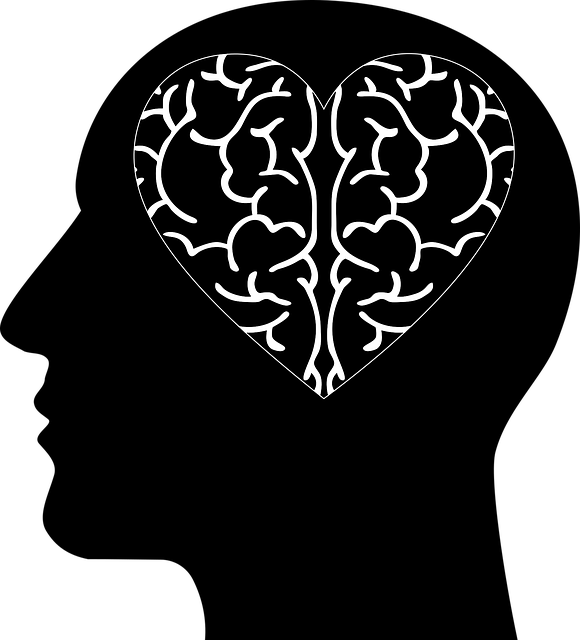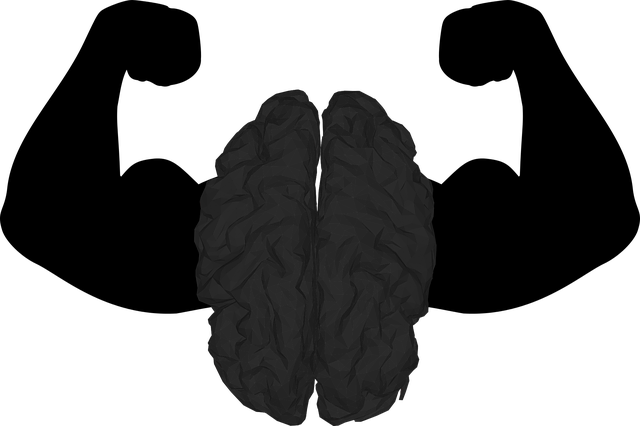The Wheat Ridge Mandarin Chinese Speaking Therapy model offers a culturally sensitive approach to mental wellness tailored for Mandarin-speaking individuals, using their native language to overcome barriers in traditional Western therapy. It focuses on emotional intelligence, mood management, coping skills development, and depression prevention, creating a supportive space for self-awareness and personal growth. This program integrates language learning with therapy, leveraging Mind Over Matter Principles and Risk Management Planning to empower clients and ensure continuous improvement based on client feedback. Evaluations using both quantitative (surveys, questionnaires) and qualitative (interviews, focus groups) methods provide deep insights into the program's effectiveness, allowing for tailored interventions and ongoing refinement based on real-world experiences.
Evaluating mental wellness programs is crucial for ensuring their effectiveness. This article explores diverse evaluation methods, from qualitative techniques like interviews and focus groups, to quantitative strategies such as surveys and statistical analysis. We delve into the unique Wheat Ridge Mandarin Chinese Speaking Therapy Model, a innovative approach catering to specific populations. By combining these assessment tools, programs can identify areas for improvement, foster continuous growth, and ultimately enhance participant mental wellness outcomes.
- Understanding the Wheat Ridge Mandarin Chinese Speaking Therapy Model
- Assessment Tools for Mental Wellness Programs
- Qualitative Evaluation Techniques
- Quantitative Measurement Strategies
- Continuous Improvement and Feedback Loops in Program Design
Understanding the Wheat Ridge Mandarin Chinese Speaking Therapy Model

The Wheat Ridge Mandarin Chinese Speaking Therapy Model is a unique and innovative approach to mental wellness that combines cultural sensitivity with evidence-based therapeutic techniques. This model was developed to address the specific needs of Mandarin-speaking individuals seeking therapy, often facing barriers due to language and cultural differences in traditional Western settings. By using Mandarin as the primary language of communication, this model fosters a more comfortable and accessible environment for clients.
The therapy model emphasizes the importance of emotional intelligence and mood management, aiming to enhance clients’ coping skills and overall well-being. Through structured sessions, therapists help individuals explore and express their emotions in a supportive space, promoting self-awareness and personal growth. Additionally, the program incorporates strategies for depression prevention, ensuring that participants develop resilience and healthy ways to navigate mental health challenges.
Assessment Tools for Mental Wellness Programs

Assessment tools play a pivotal role in evaluating the effectiveness of mental wellness programs, offering a comprehensive view of an individual’s psychological state and progress. One innovative approach gaining traction is the integration of Wheat Ridge Mandarin Chinese Speaking Therapy, which combines language learning with therapeutic practices. This method not only enhances communication skills but also provides a unique environment for self-reflection and emotional expression, particularly beneficial for culturally diverse populations.
Furthermore, mental wellness programs should align with Mind Over Matter Principles, focusing on empowering individuals to take control of their thoughts and emotions. Regular assessment using standardized tools, alongside qualitative methods like client feedback, allows for continuous improvement in therapy sessions. Similarly, Risk Management Planning for Mental Health Professionals is essential to ensure the safety of clients and therapists, particularly when dealing with vulnerable populations. This planning involves identifying potential risks and implementing strategies to mitigate them, fostering a secure therapeutic environment that promotes Self-Esteem Improvement.
Qualitative Evaluation Techniques

Qualitative Evaluation Techniques offer a powerful tool for understanding and assessing mental wellness programs, especially those tailored to specific communities like the Wheat Ridge Mandarin Chinese Speaking Therapy program. Through in-depth methods, such as interviews and focus groups, participants’ experiences, perceptions, and insights can be captured. This allows for a nuanced grasp of program effectiveness from the users’ perspective, identifying strengths and areas for improvement that may not be apparent through quantitative measures alone.
In the context of mental health awareness and positive thinking, qualitative evaluations are crucial in understanding the impact on diverse populations. For instance, when assessing a program aimed at at-risk mental health professionals, these techniques can help uncover unique challenges and benefits, guiding future program design and ensuring tailored support. This approach respects the complexity of human experiences, promoting more effective interventions for mental wellness initiatives.
Quantitative Measurement Strategies

Evaluating mental wellness programs through quantitative measurement strategies offers a structured approach to understanding their effectiveness, particularly for specialized services like Wheat Ridge Mandarin Chinese Speaking Therapy. These methods include surveys and questionnaires designed to capture participants’ subjective experiences and improvements in various domains, such as mood, anxiety levels, and overall well-being. By collecting data from these tools, therapists and researchers can quantify changes over time, allowing them to identify which aspects of the program are most beneficial for different client groups.
For instance, integrating positive thinking exercises into the therapy curriculum could be assessed through pre-post surveys that gauge participants’ optimism levels and life satisfaction. Similarly, Stress Management Workshops Organization might employ quantitative techniques to measure improvements in communication strategies, where clients self-report on their ability to manage stressful situations effectively after participating in tailored workshops. These data-driven insights are invaluable for refining program content and ensuring it aligns with the evolving needs of individuals seeking mental wellness support.
Continuous Improvement and Feedback Loops in Program Design

The evaluation process plays a pivotal role in fostering continuous improvement within mental wellness programs, particularly those offering specialized services like Wheat Ridge Mandarin Chinese Speaking Therapy. By implementing robust feedback loops, therapists and program developers can gain valuable insights into what aspects of the program are effective and where enhancements are needed. This iterative approach ensures that the therapy aligns with the evolving needs of clients, promoting better outcomes.
Regular assessments and client feedback are instrumental in identifying areas for growth. For instance, through client surveys or one-on-one interviews, individuals participating in anxiety relief or emotional regulation sessions can provide valuable perspectives on their experiences. This information can guide therapists in refining techniques, adapting strategies, and ultimately enhancing the overall program effectiveness. Incorporating these feedback mechanisms creates a dynamic environment where inner strength development becomes more accessible to all participants.
The evaluation of mental wellness programs is a multifaceted process that leverages both qualitative and quantitative methods. As demonstrated by the Wheat Ridge Mandarin Chinese Speaking Therapy Model, tailored therapeutic approaches can significantly impact mental health outcomes. Assessment tools, including qualitative techniques like interviews and focus groups, alongside quantitative strategies such as surveys and data analytics, provide a comprehensive view of program effectiveness. Continuous improvement is fostered through feedback loops, ensuring programs remain responsive to the evolving needs of participants. By integrating these evaluation methods, mental wellness initiatives can optimize their impact, ultimately enhancing overall well-being.
